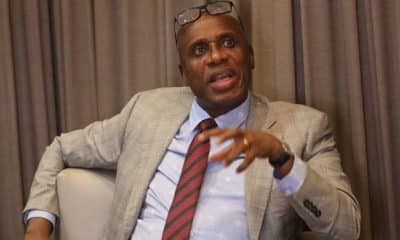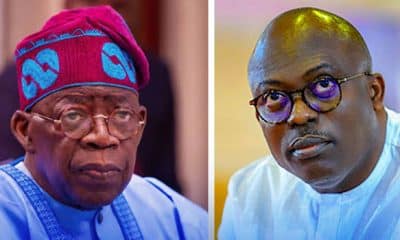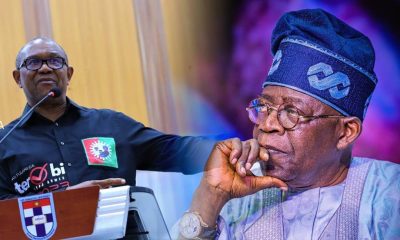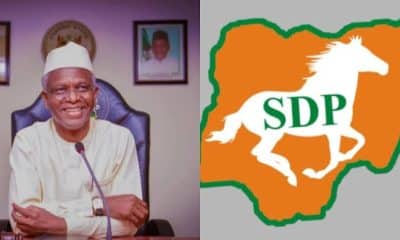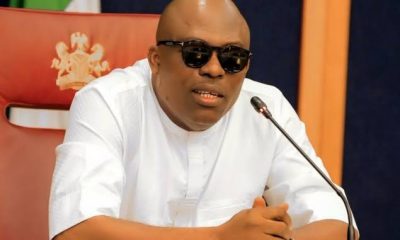Nigeria News
Top Controversies That Marked Tinubu’s First Year In Office
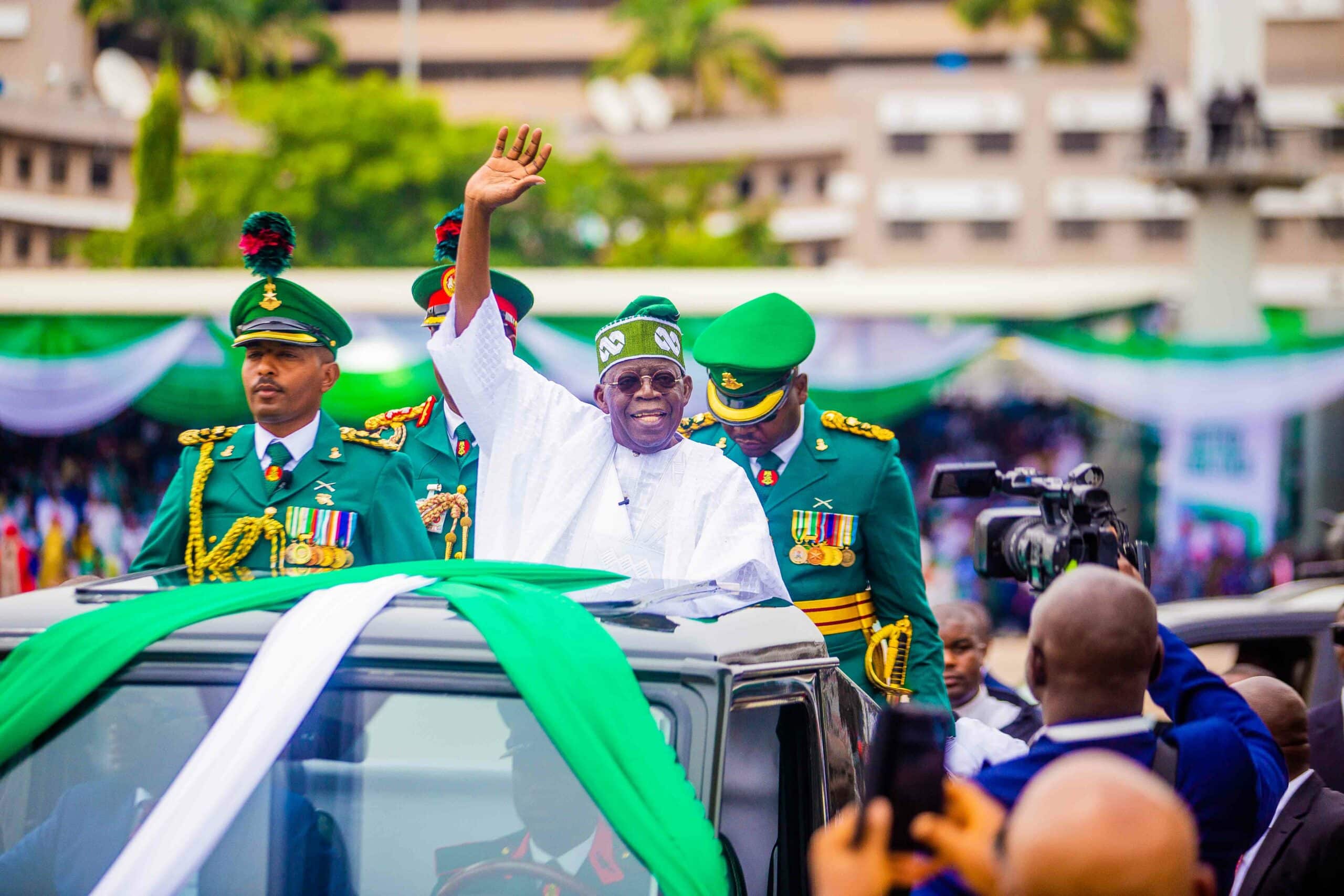
President Bola Ahmed Tinubu‘s administration marked its first anniversary.
After a highly controversial election in February 2023 and the heated post-election drama, Bola Ahmed Tinubu was sworn in on May 29, 2023, as the 16th President of the Federal Republic of Nigeria.
From the Presidential yacht to the cybersecurity levy, here’s a look back at the key events and developments that have shaped the first year of the Tinubu administration.
Presidential Yacht Controversy
The allocation of billions for a “presidential yacht” by the Navy drew significant criticism, portraying the Tinubu administration as insensitive to the struggles of ordinary Nigerians.
Despite explanations that the yacht was not for presidential luxury, the incident added to the perception of a government disconnected from its citizens’ economic realities.
Chaotic Ministerial Screening
Building a competent team was a significant promise during President Tinubu’s campaign, with references to his successful cabinet in Lagos. However, the unveiling of his ministerial team sparked mixed reactions.
The last-minute removal of Maryam Shetty and the sudden addition of Festus Keyamo suggested disorganization.
Additionally, the contentious screening of former governor Nasir El-Rufai, the failure of four nominees to pass, and issues with NYSC certificates further highlighted the administration’s apparent lack of preparation.
The reshuffling of ministerial portfolios before the inauguration reinforced this perception.
Betta Edu’s Controversy
The suspended Minister of Humanitarian Affairs, Betta Edu, was the first significant test of the administration’s stance on corruption.
Known for her close ties to President Tinubu, her nomination was anticipated.
However, scandals involving the approval of over N500 million payments into private accounts brought embarrassment to the government.
Although Edu was swiftly suspended and a review of the ministry was ordered, the incident raised questions about internal oversight.
The Minister of Interior, Olubunmi Tunji-Ojo was also implicated but distanced himself from the scandal, stating he had resigned from the involved company in 2019.
Dubai Visa Announcement Mishap
Following a meeting with UAE leaders, the president’s aides prematurely announced the lifting of a visa ban, celebrating a diplomatic victory. However, this announcement was quickly debunked by both international and local media, leading to public embarrassment and questioning the reliability of the president’s communication team.
Seyi Tinubu’s Use of Presidential Jet
The use of a presidential jet by Seyi Tinubu to attend a polo match in Kano sparked controversy and criticism of the administration.
The frequent presence of the president’s children on state visits has also raised concerns about the blurring of lines between personal and official matters.
Breakdown of Presidential Jets
Technical issues with presidential jets forced President Tinubu to charter a commercial flight and led Vice President Kashim Shettima to cancel a trip.
Opposition lawmakers mocked the administration, suggesting the president use commercial planes or buses for official travel.
The House Committee on National Security and Intelligence is currently investigating the status of the presidential fleet.
COP28 and the Large Delegation
The administration was criticized for sending a large delegation to the COP28 summit in Dubai, including non-relevant figures like actress Toke Makinwa.
Despite the government funding only 422 of the 1,411 delegates, the perception of excess during economic hardship was damaging.
Subsequently, the president announced cuts to his travel entourage.
Coastal Road Project Controversy
The N15 trillion Lagos-Calabar coastal road project, intended as a legacy initiative, faced significant controversy. Alignment changes led to the demolition of properties in Lagos, and subsequent reversals due to marine cables caused further disruptions. Opposition figures criticized the handling of the project, suggesting mismanagement and poor planning.
Cybersecurity Levy Confusion
The implementation of a cybersecurity levy exposed coordination issues within the administration. After public backlash, the House of Representatives passed a resolution halting the levy, which the president later suspended for review. This incident highlighted a need for clearer communication and policy coherence.
Fake News from the Villa
The president’s communication team has been a recurring source of embarrassment. Errors like claiming Tinubu was the first African leader to ring the NASDAQ closing bell, which was previously done by Tanzania’s former president in 2011, and announcing false investments, have damaged credibility.
Conflicting statements from spokespersons regarding the president’s address to the National Assembly further showcased internal disarray.
The two main spokespersons, Bayo Onanuga and Ajuri Ngelale, issued conflicting statements regarding the president’s plans to address the joint session of the National Assembly.
Onanuga initially announced that the president, along with former Head of State Abdulsalam Abubakar, David Mark, and Femi Gbajabiamila, would address the joint session.
However, Ngelale later issued a counter statement asserting that the president would not be addressing the joint session.
In its first year, the Tinubu administration has faced numerous challenges, from internal disorganization and communication blunders to controversies over policy implementation and public perceptions of insensitivity.
These incidents have tested the administration’s ability to maintain credibility and deliver on its promises amidst Nigeria’s complex political landscape.

